| |
This week we would like to remind you about the opportunity for students to attend Breakfast Club. All students are welcome, whether it be if they need a little boost before the day begins, social time with friends, or to support them in being punctual to the Academy! In addition, we visit our French, Psychology and Computing departments and share some of the wonderful work they have been doing. Lastly, a reminder to review the changes to our Positive Behaviour Policy on our website as we start the new term. Start Your Day Right: Join Our Breakfast Club!Breakfast Club has started again this term, and is growing increasingly popular. Students are welcome to arrive at the Academy from 8am every day to enjoy a free breakfast bagel and some juice. 
It's a great opportunity for students to arrive at the Academy early and enjoy a relaxed time with staff and their fellow students before the day begins. 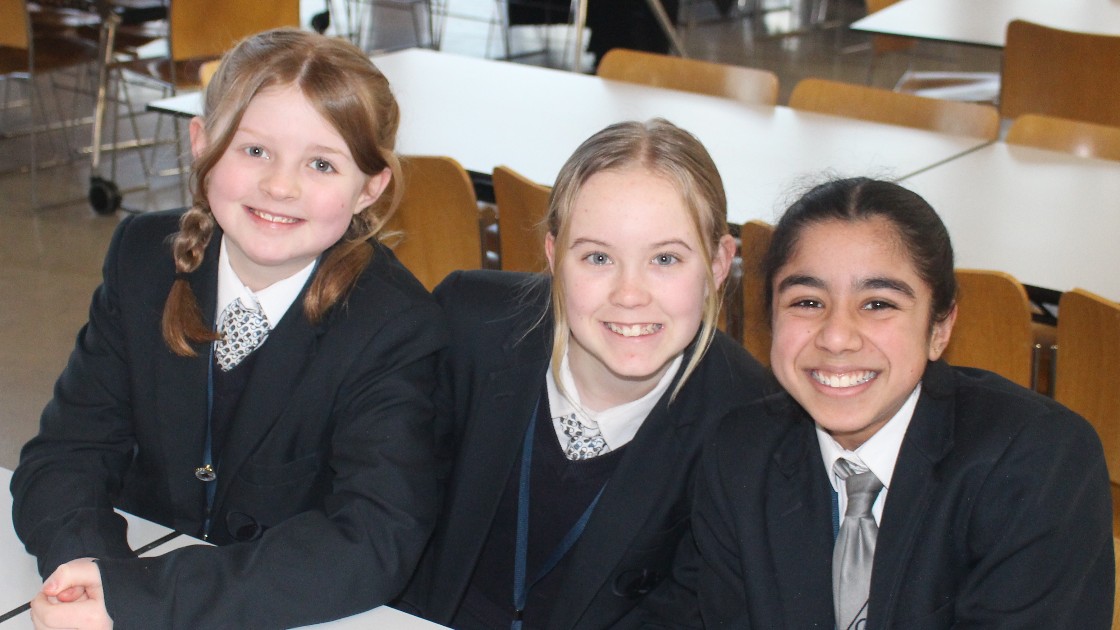
If you are interested in attending Breakfast Club, please see Mr Webster. Don't miss out on a great start to the day, we look forward to seeing you there! – Mr Webster Year 10 Dives into the Science of Human MemoryOur enthusiastic Year 10 students have just begun exploring the intricate mechanisms of human memory, a fundamental aspect of cognitive psychology, through completing engaging class experiments. During these experiments, the students were tasked with a challenging activity: to remember and recall four separate lists of words in serial order within a span of 30 seconds. 
This exercise was designed to shed light on the encoding process of our memory system, the method by which information is reformatted to be suitable for storage and later retrieval. It was observed that words with similar sounds were frequently the least well-remembered in the short term. This phenomenon occurred because the students' memories encoded the sounds of the words, rather than the words themselves, leading to confusion and forgetting. 
When we tested their recall after a 20-minute interval, the students were more likely to forget words that shared the same meaning. These experiments not only provided a practical understanding of memory processes, but also encouraged our students to think critically about how information is stored and retrieved in the human brain. – Miss Benning 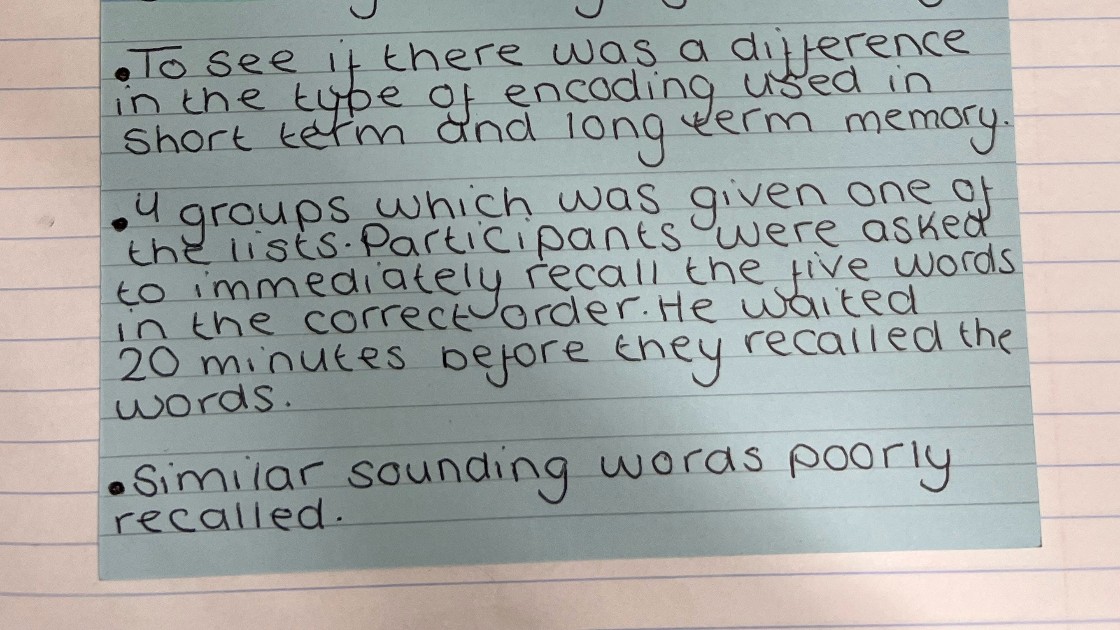
Trois x cinq = quinze !Our Year 7 students have eagerly dived into the Numeracy Challenge, showcasing their enthusiasm and skills. The competition runs over three rounds in which students have to complete as many multiplication sums in French in one minute as they can. This week we completed the first round and the winners from each class will compete in a whole Academy round later. Then the winners of the second round will face winners from other academies in the Trust. 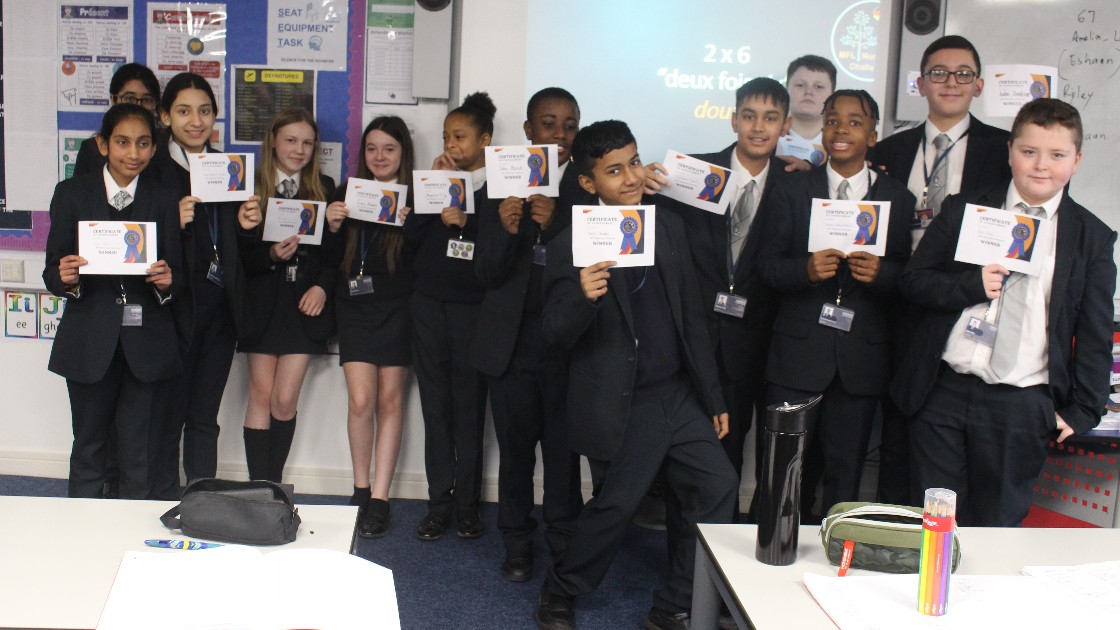
These students are among the top three when it comes to numeracy in French! – Mr Savadogo 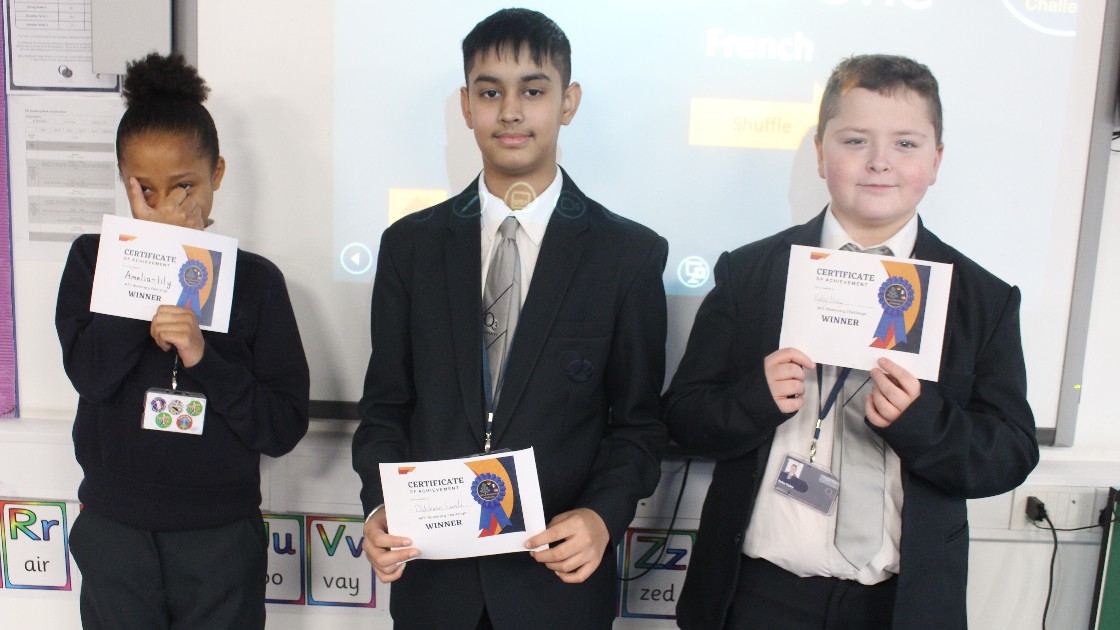
Sparking Curiosity: Year 8 Dive into ElectricityYear 8 students have started to explore electricity. In lesson the Van de Graaff generator provided a visual representation for static electricity. They will be moving on to look at how circuits and electromagnets are used daily in the world around them 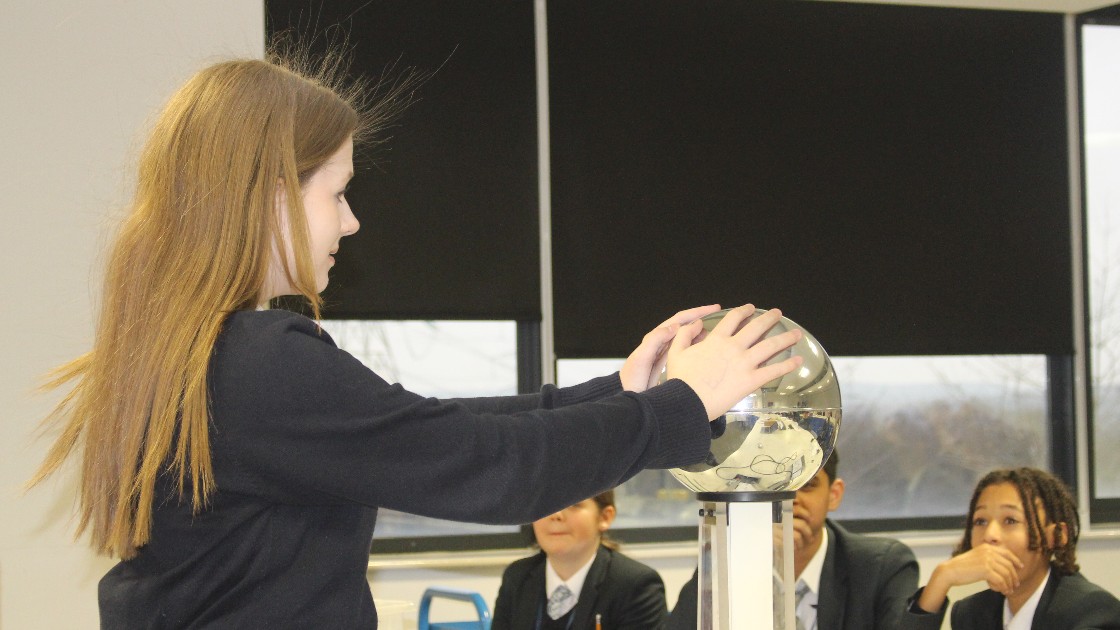
Year 12 students are actively unravelling the mysteries of the cell cycle by crafting detailed models. They have been making connections of the cell cycle to their understanding on cell structure and DNA. 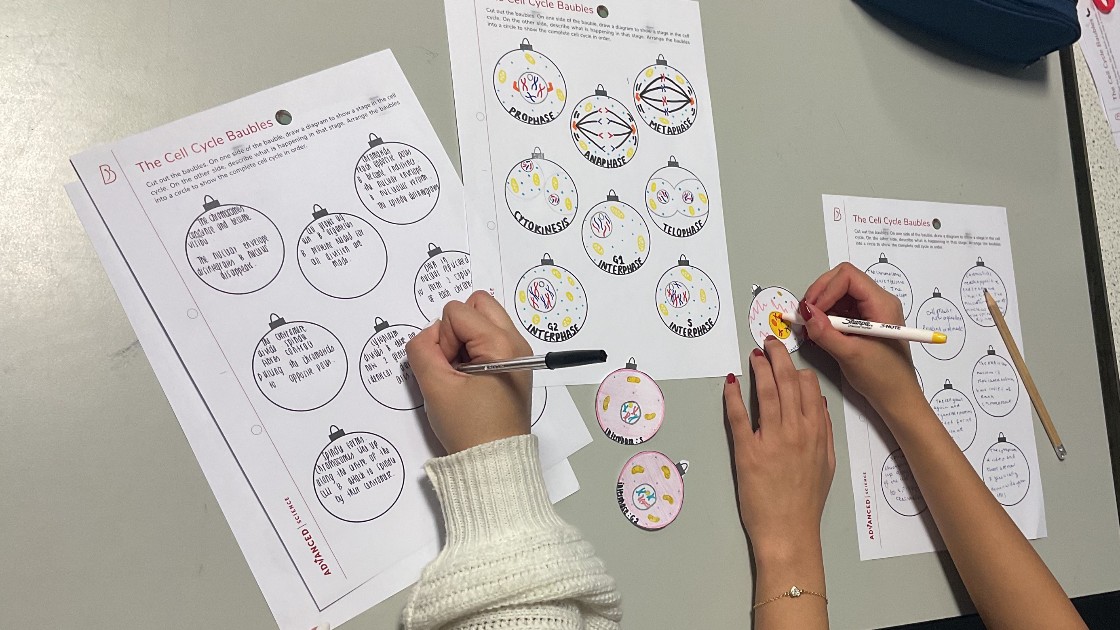
These models will then help students to study how errors in the cell cycle can have implications on the health of an organism and therefore possible treatments for a range of diseases. It has been fantastic to see the detail that their models include and their enthusiasm. – Miss L Smith 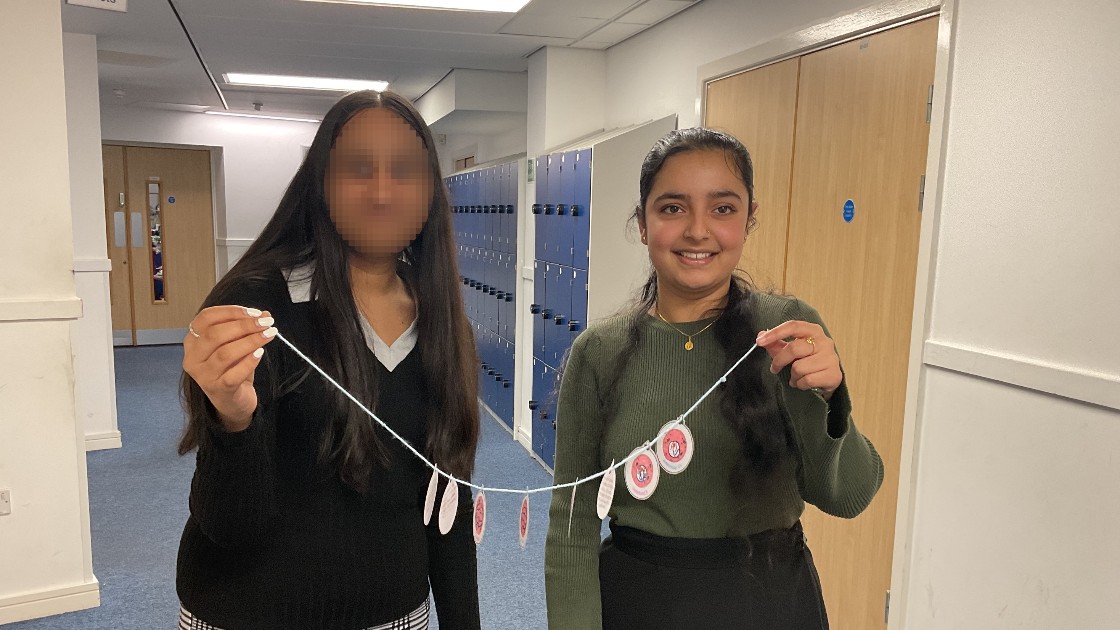
Do you know your whispers from your skins?As part of the NSPCC Game Safe Festival, they're encouraging parents/carers to have conversations with their children about online gaming. There's a free webinar available to help you: understand how young people game online; learn about tools and resources that support safe play; gain the knowledge you need to keep your child(ren) safe online. The webinar takes place on 7th February, 7-8pm over Zoom. Find out more about the range of sessions available, and book your place here. Upcoming Events
|
|
